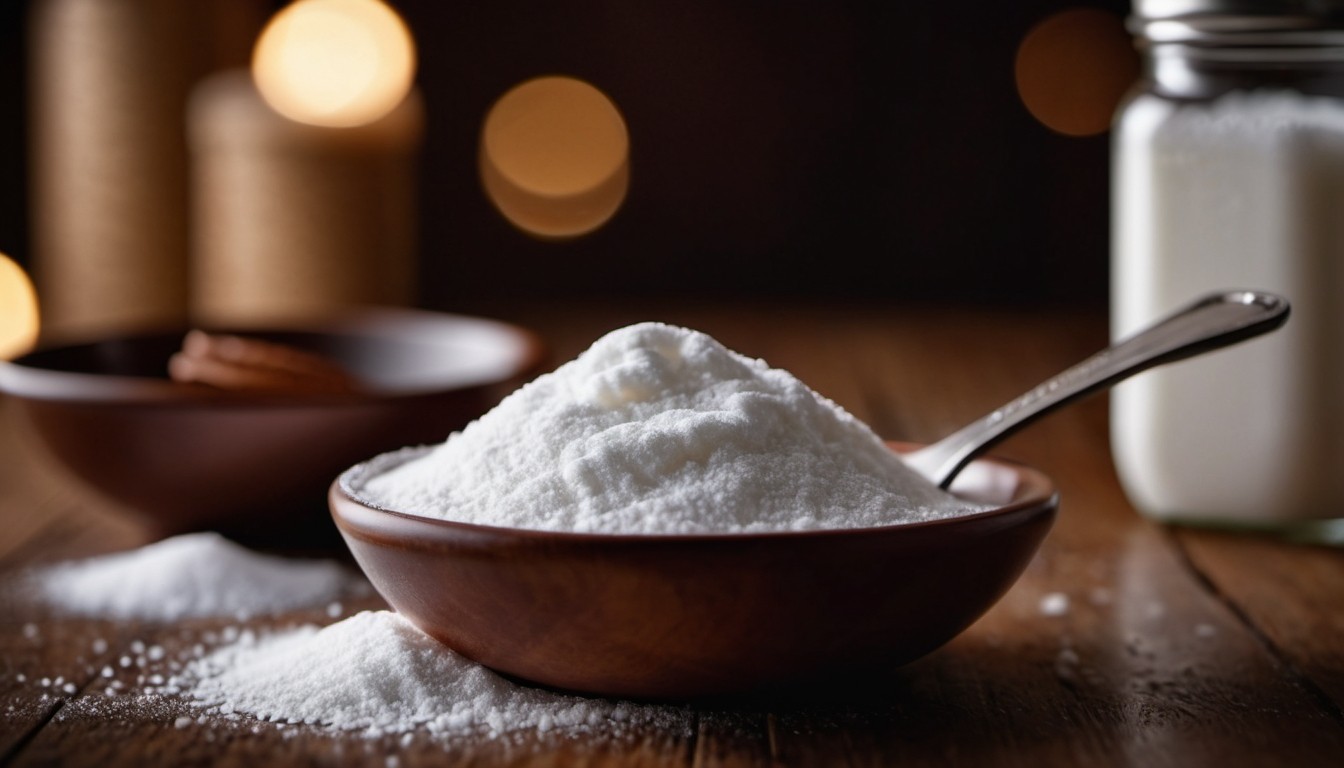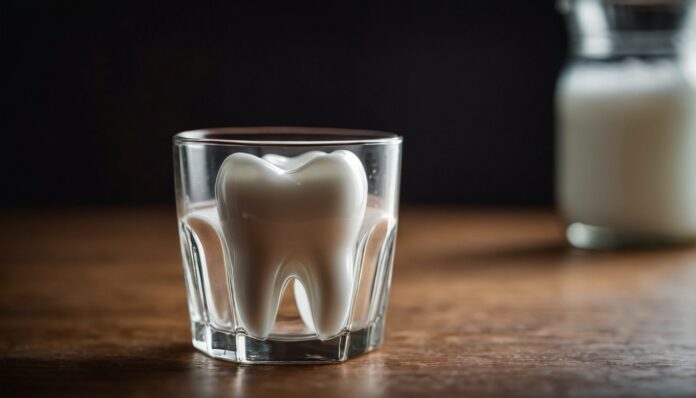The idea that a tooth left in a glass of soda overnight will dissolve completely is a widely shared story, often used to illustrate the damaging effects of sugary drinks on dental health. But is there any truth to this dramatic claim? Let’s investigate the science behind this myth and find out what really happens when teeth and soda interact.
The Myth: A Tooth Dissolving Overnight
The myth suggests that soda is so acidic and sugary that it can completely dissolve a tooth left in it overnight. This tale is commonly used by parents and educators to discourage the consumption of soda and emphasize the importance of dental hygiene.
The Truth: Soda Erodes but Does Not Completely Dissolve Teeth Overnight
While soda is indeed harmful to teeth, the notion that it can dissolve a tooth entirely overnight is an exaggeration. The acids and sugars in soda can cause significant erosion and decay over time, but the process is not as rapid as the myth suggests.
How Soda Affects Teeth
Acidity and Dental Erosion
Soda contains acids, such as phosphoric acid and citric acid, which can erode tooth enamel. Enamel is the hard, protective outer layer of the tooth. When enamel is exposed to these acids, it begins to weaken and wear away.
Sugar and Tooth Decay
The high sugar content in soda contributes to tooth decay. Bacteria in the mouth feed on sugar and produce acids as a byproduct. These acids further erode enamel and lead to cavities.
The Role of Time
While soda can start to erode enamel relatively quickly, dissolving a tooth completely is a slow process. A tooth left in soda overnight may show signs of surface erosion and some weakening, but it would take a much longer period of consistent exposure to completely dissolve the tooth.
Scientific Studies and Evidence
Short-Term Effects
Experiments have shown that teeth soaked in soda for short periods, such as overnight, exhibit signs of enamel erosion but do not dissolve completely. The surface of the tooth may become rough and etched, indicating the beginning stages of enamel degradation.
Long-Term Effects
Long-term exposure to soda, especially with frequent consumption, can lead to significant dental problems, including severe erosion, cavities, and tooth decay. Dentists and researchers agree that regular consumption of soda can have serious negative effects on dental health.
Practical Dental Care Tips
To protect your teeth from the harmful effects of soda, consider the following tips:
- Limit Soda Consumption: Reduce the amount and frequency of soda intake.
- Drink Water: Water is the best beverage for maintaining dental health. It helps rinse away sugars and acids.
- Use a Straw: When drinking soda, use a straw to minimize contact with teeth.
- Rinse Your Mouth: After drinking soda, rinse your mouth with water to help neutralize acids and wash away sugars.
- Brush and Floss: Maintain a regular oral hygiene routine, including brushing twice a day with fluoride toothpaste and flossing daily.
The myth that a tooth will dissolve overnight in soda is an exaggeration, but it does highlight an important truth about the damaging effects of soda on dental health. While a tooth may not dissolve completely overnight, soda can cause significant erosion and decay over time.
Understanding the real impact of soda on your teeth can help you make better choices for your dental health. So, next time you reach for a soda, remember the importance of moderation and good oral hygiene to keep your smile healthy and strong.
